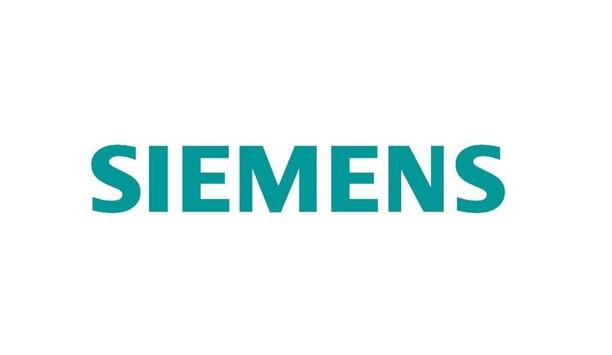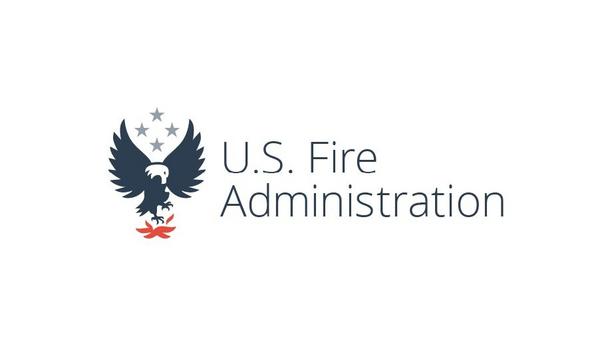In December 2021, following an agreement at its November General Assembly, the European co-operation for Accreditation (EA) published its revised Articles of Association and associated Rules of Procedure (EA-1/17). This is the culmination of months of discussions regarding the EA membership criteria, with revision allowing UKAS to retain its membership status.
This status was previously at risk following the UK’s exit from the EU and hence UKAS no longer met the EA membership criteria that required members to be either from an EU or EFTA Member State or a candidate country. A full review of the criteria was undertaken by EA, with greater emphasis being placed on the geographic region, consistent with the Council of Europe.
Benefits for UKAS and its accredited bodies
Based on the new criteria, UKAS’s ongoing membership has now been formally confirmed. This maintains huge benefits for UKAS and its accredited bodies, including:
- Continuing to be able to participate and influence EA’s Committees, Councils, Working Groups, and Taskforce Groups.
- Retaining their ability to vote on accreditation matters that do not have an impact on the EU Single market.
- Although in the short-term, they shall be unable to sit on the EA Executive Board, an EA Resolution has been passed to ensure this is reviewed in five years’ time.
However, as the UK is no longer a Member State of either the EU or EFTA, UKAS will no longer be able to:
- Nominate a UKAS representative to the position of EA President or Vice-President nor as the Chair of the Multilateral Agreement Council (MAC) or Horizontal Harmonisation Committee (HHC).
- Vote on the EA Articles of Association or associated Rules of Procedure.
UKAS remains a signatory to the EA MLA and shall continue to fully contribute as an active participant
Importantly, UKAS remains a signatory to the EA MLA (Multilateral Agreement) and shall continue to fully contribute as an active participant in the EA peer evaluation process.
This provides European and international acceptance of reports and certificates issued by UKAS-accredited bodies and is extremely important to international trade and trade agreements.
UKAS’s renewed EA membership
Upon receiving the news that UKAS’s renewed EA membership has now been formalized, influential conformity assessment body associations responded with the following messages:
Wayne Terry, Chief Executive of the Association of British Certification Bodies (ABCB), said: “ABCB are delighted that UKAS have secured their membership of EA. This brings assurance to UK CB’s who can continue to operate within the EA MLA (Multilateral Agreement) serving their customers across Europe bringing stability to the supply chain.”
Tony Smith, Chairman of the British Measurement and Testing Association (BMTA), said: “It is of vital importance to the UK TIC industry that the reports and certification services provided by the UK’s accredited Measurement and Testing bodies are recognized and accepted WORLD-WIDE and the BMTA welcomes the news that UKAS remains a signatory to the EA MLA.”
Benefits of consistency and relevancy
Caroline Hamilton, Chief Executive of the Safety Assessment Federation (SAFed), said: “SAFed is pleased to hear that UKAS will retain membership of the European co-operation for Accreditation (EA) and the majority of benefits afforded by this membership. The EA should be commended in ensuring that this happened by amending their Articles of Association, as the collaborative effort brings the benefits of consistency and relevancy to all stakeholders of the sector.”
Hanan Taidi, Director General, TIC Council, said: "The TIC Council is pleased that UKAS remains a signatory to the European Accreditation Multilateral Agreement. This is crucial for our members, as it facilitates their work in an extremely complex international regulatory environment and helps ensure their recognition in the European and international sphere. We trust TIC Council members will continue to have a productive and mutually beneficial relationship with UKAS."
















